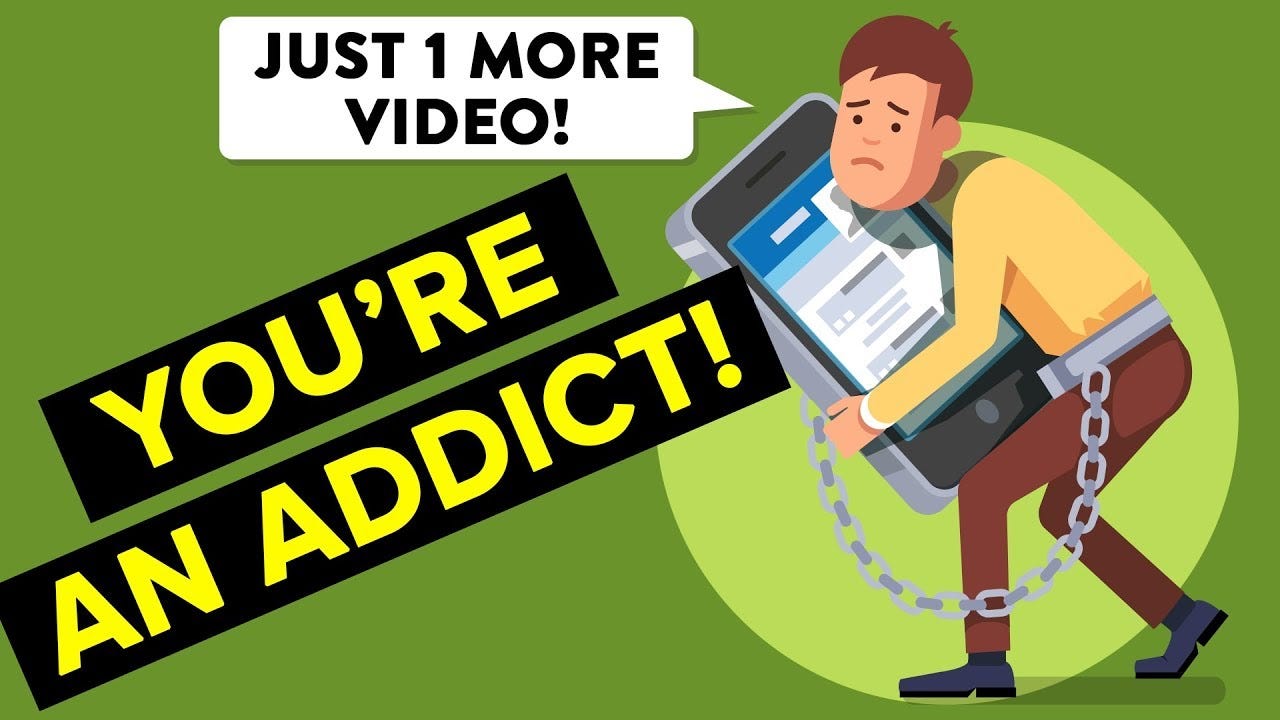We live in an era where digital life isn’t just a part of our daily routine — it is the routine. From the moment we wake up and check our phones to the late-night scroll before sleep, we’re constantly interacting with screens, apps, notifications, and digital communities. While this evolution brings undeniable convenience and connectivity, it also raises important questions about our time, attention, and well-being.
In this article, we’ll take a deep dive into how digital life is transforming the modern human experience — the good, the bad, and the ways we can find balance in between.
What Is Digital Life?
Digital life refers to the lifestyle and interactions we experience through digital technology. This includes everything from social media and messaging apps to cloud storage, smart homes, digital banking, wearable tech, and AI-driven tools.
Essentially, it’s the sum of how we live, work, communicate, and entertain ourselves in a world increasingly mediated by screens and internet access.
The Psychological Impact of Digital Living
One of the most profound shifts has been psychological. Constant connectivity has changed the way we think, feel, and behave. Here’s how:
1. Attention Fragmentation
We now juggle dozens of tabs, apps, and conversations at once. While this may feel productive, it often leads to decreased focus, memory fatigue, and cognitive overload.
Fact: The average human attention span has dropped from 12 seconds in 2000 to just 8 seconds today.
2. The Dopamine Loop
Social media, likes, and push notifications trigger dopamine releases in our brains — the same chemical linked to pleasure and reward. This loop keeps us hooked, often unknowingly addicted to our devices.
3. Anxiety and Comparison
Platforms like Instagram and TikTok often present highly curated highlight reels. This creates unrealistic standards and fuels the comparison trap, especially among younger users.
Relationships in a Digital World
While digital tools help us stay connected, especially across long distances, they’ve also reshaped how we form and maintain relationships.
- Online Dating: Apps like Tinder and Bumble have made dating more accessible, but often superficial.
- Family Time: Even at dinner tables, phones are present, blurring quality time.
- Friendships: Many now start (and sometimes stay) entirely online. While this expands our social reach, it can also feel less intimate.
Finding a healthy balance between online interaction and real-life presence is more crucial than ever.
Productivity and the Digital Workplace
The rise of remote work, AI-powered assistants, and productivity tools has made digital life essential for modern careers. Platforms like Zoom, Slack, Notion, and Google Workspace enable us to work from anywhere.
Pros:
- Flexible schedules
- Global collaboration
- Less commute stress
Cons:
- Work-life boundaries are blurred
- Always-on expectations
- Zoom fatigue and digital burnout
Tip: Setting digital boundaries, like defined work hours and screen-free breaks, can help manage this new norm.
The Rise of the Digital Self
Your digital identity — how you present yourself online — is often just as important as your real-life presence. From your LinkedIn profile to your Instagram feed, your online image can shape career opportunities, friendships, and even how you see yourself.
This evolution also gives rise to new questions:
- Are we more authentic online or offline?
- How much should we curate our digital personas?
- What happens to our data after we’re gone?
Our digital life is beginning to include everything from avatars in virtual spaces to legacy planning for social accounts.
Privacy in a Hyper-Connected World
With great connectivity comes great responsibility — especially around digital privacy.
From data breaches to facial recognition tech, our personal information is constantly at risk. Many users don’t realize how much data they’re giving away in exchange for “free” services.
What You Can Do:
- Use encrypted messaging apps (like Signal)
- Turn off location tracking for unnecessary apps
- Regularly review privacy settings
- Use strong, unique passwords and two-factor authentication
In a world where data is currency, protecting your digital life is vital.
Tips for Thriving in the Digital Era
Staying grounded in a hyper-digital world requires mindfulness and intentionality. Here are some tips to help you live better:
1. Schedule Screen-Free Time
Block out parts of your day (or week) to disconnect from all digital devices.
2. Curate Your Digital Diet
Be selective about what you consume online — follow creators that inspire and educate rather than drain your energy.
3. Use Tech That Supports You
Leverage AI tools, task managers, and health apps that enhance your life, not distract from it.
4. Create Before You Consume
Start your day by writing, sketching, or building something — before you dive into the feed.
5. Practice Digital Minimalism
Simplify your tech use. Delete unused apps. Unsubscribe from spammy newsletters. Keep your online spaces clean and clutter-free.
The Future of Digital Life
Looking ahead, digital life will only deepen with advancements in AI, AR/VR, and the metaverse. We’ll see more immersive experiences, smart environments, and digital-first identities. The challenge? Ensuring these innovations serve humanity, rather than distract or divide us.
By cultivating a mindful approach today, we can embrace the benefits of digital life without losing what makes life truly human: connection, creativity, and consciousness.
Conclusion
Digital life is no longer optional — it’s integral. From the way we communicate to how we work and express ourselves, the digital realm now shapes much of our reality. The key lies in using technology as a tool, not letting it become our master.
Be intentional. Be aware. And remember — you are more than your screen.




